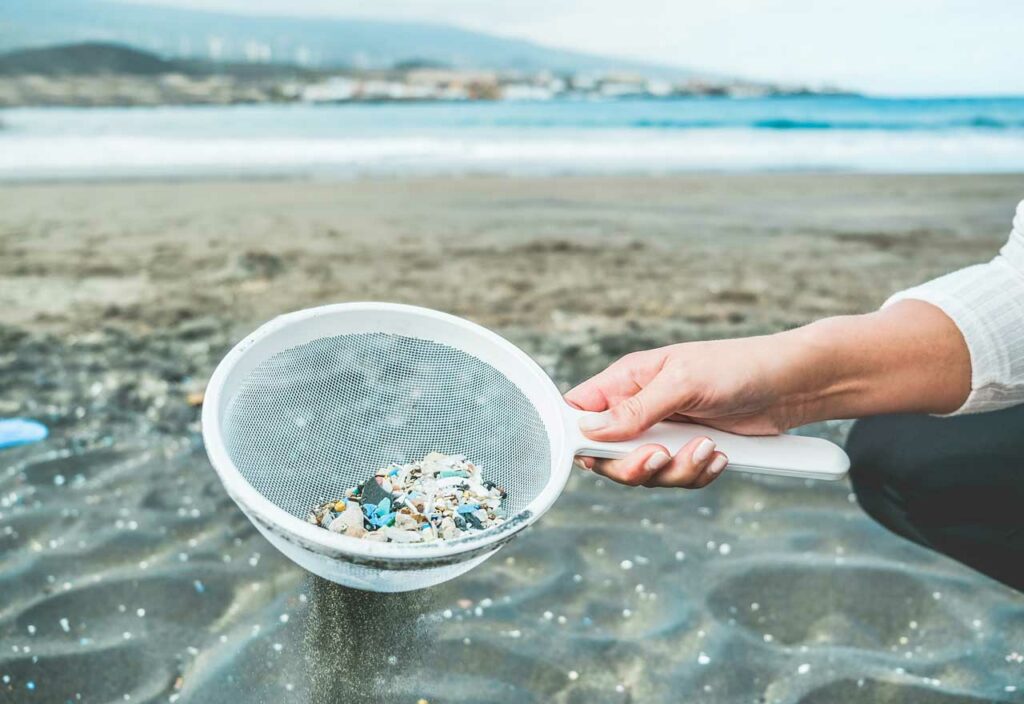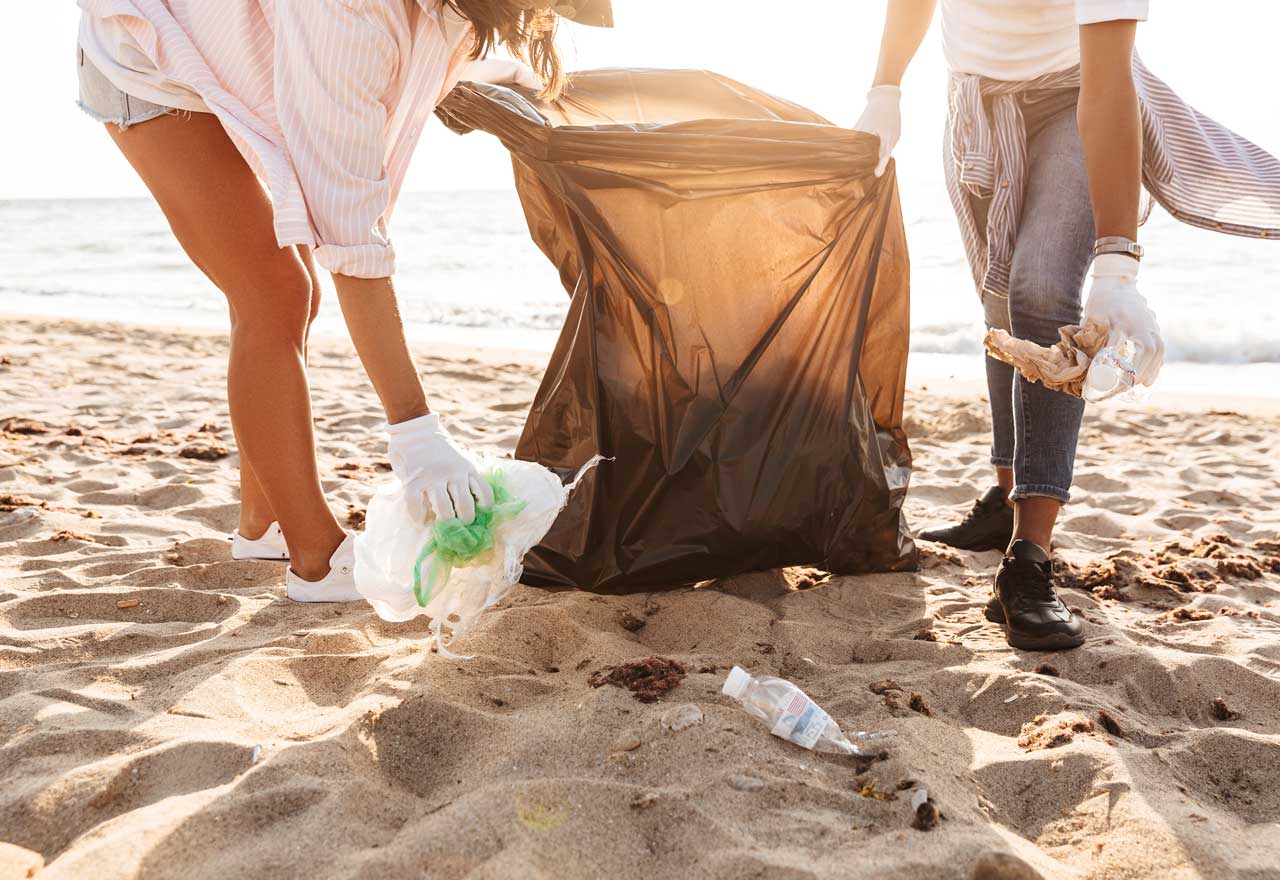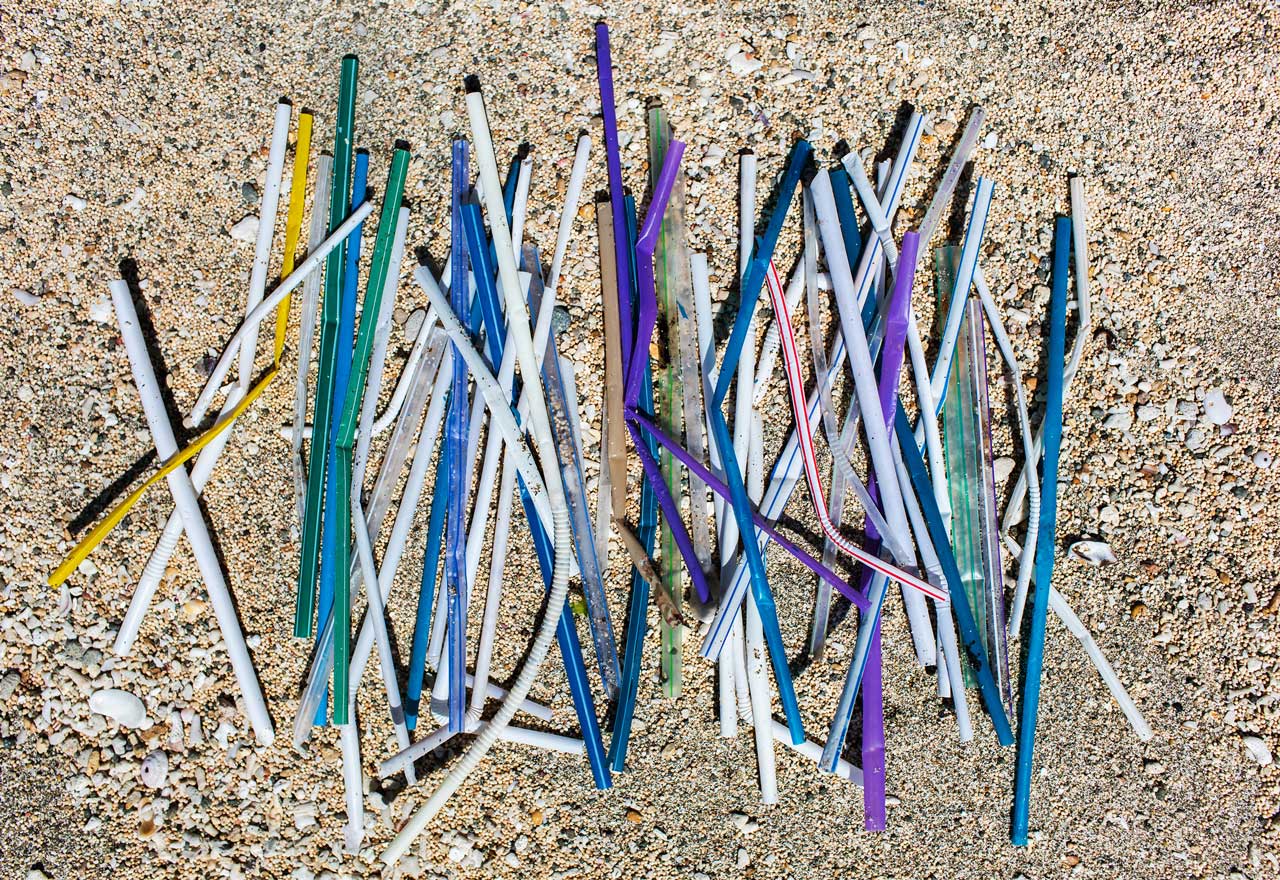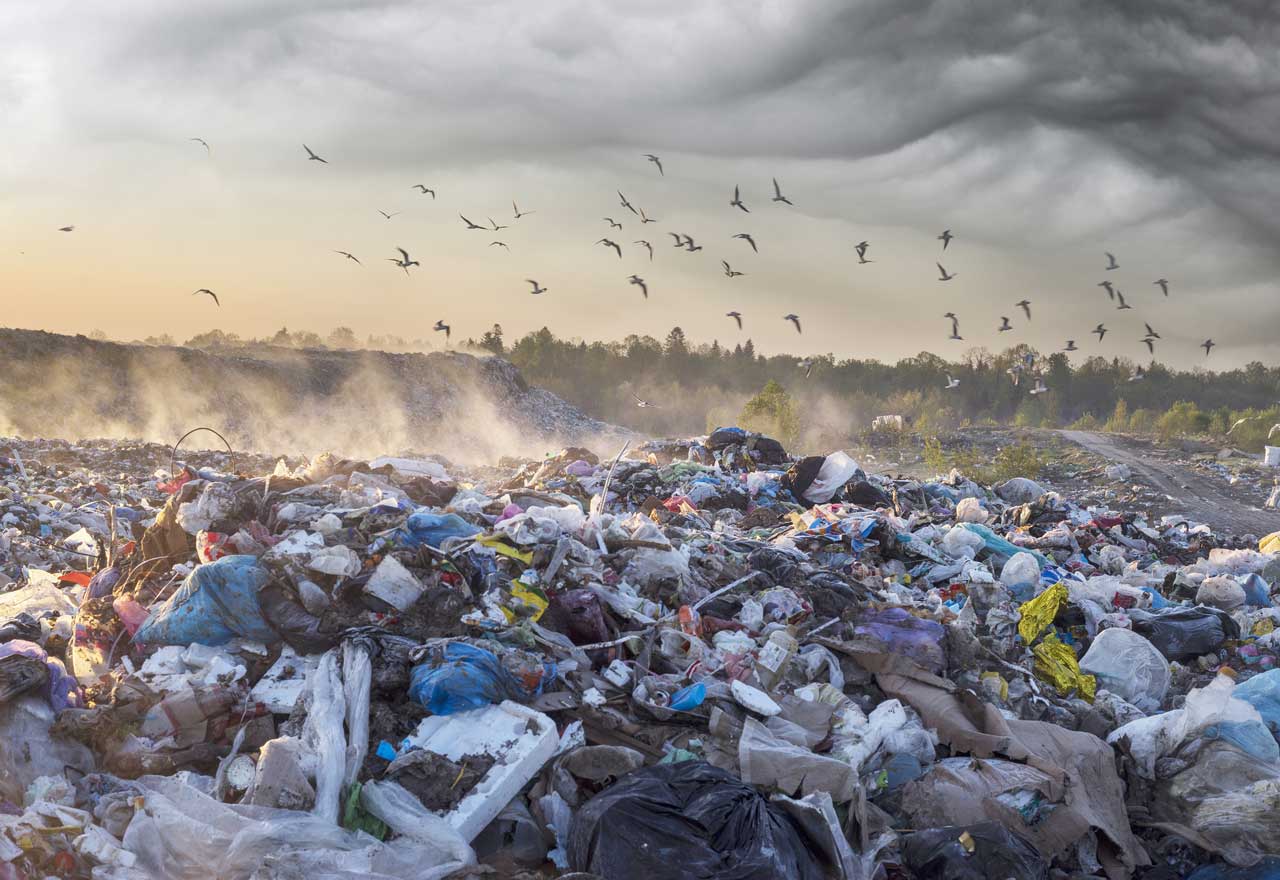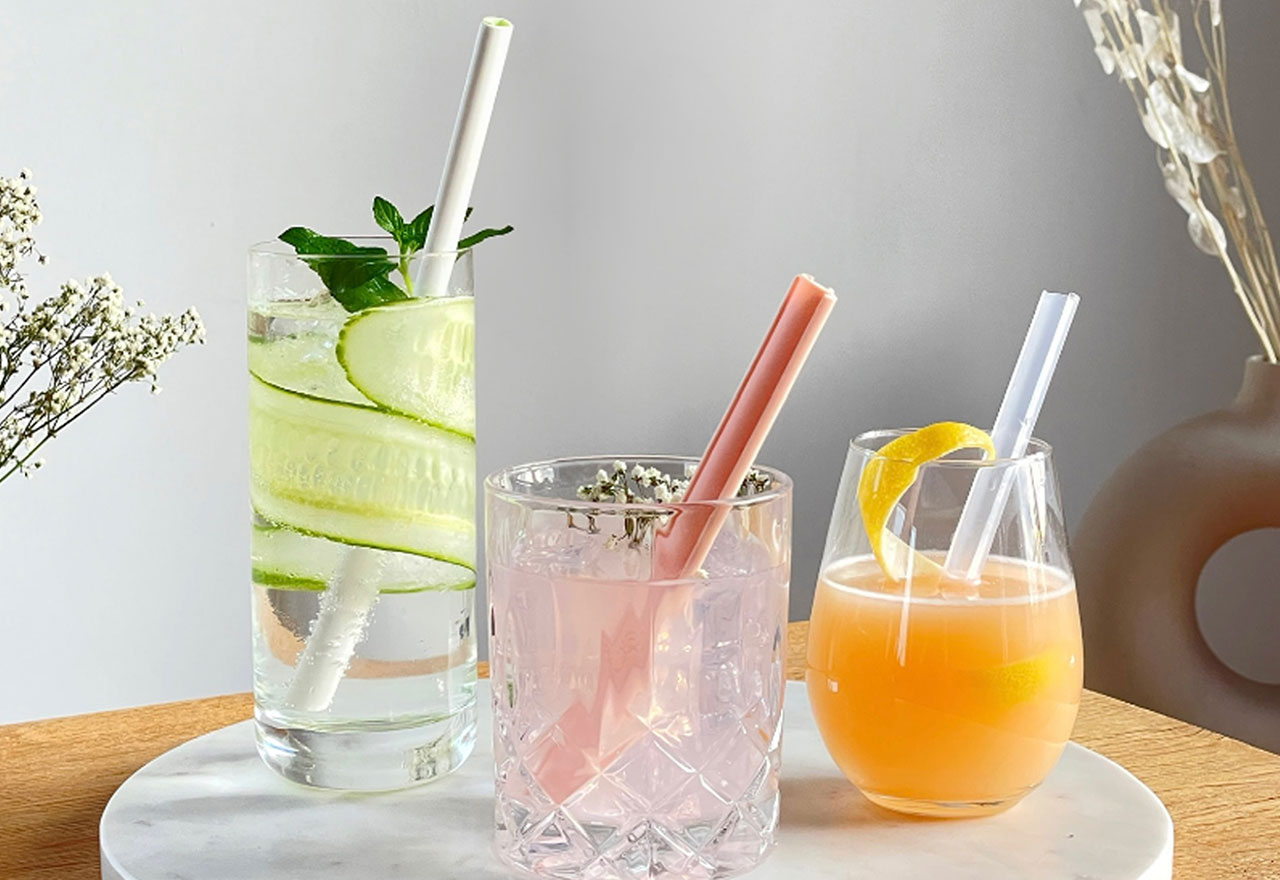SLIDERSTRAW: FIGHT PLASTIC WASTE IN THE SEA!
Humankind is up to its neck in refuse. Billions of pieces of plastic are floating in our seas and oceans – and disposable plastic straws are one of the causes.
For a long time now, fish have not been the only thing swimming in our seas in countless numbers. A very particular species has been multiplying for years: common plastic waste. Drinking straws are among the most frequently occurring form of waste found in the sea, with a staggering 36.4 billion currently tumbling about in our waters along with single-use plastic bottles, packaging and cups. This waste is causing long-term ocean pollution, the consequences of which are difficult to predict.
The WWF estimates that a total of 12.7 million tonnes of plastic particles make their way into the ocean every year.
That is the equivalent of one full truckload per minute.
* Eunomia, Report for the European Commission DG Enviroment, (www.eunomia.co/uk)
